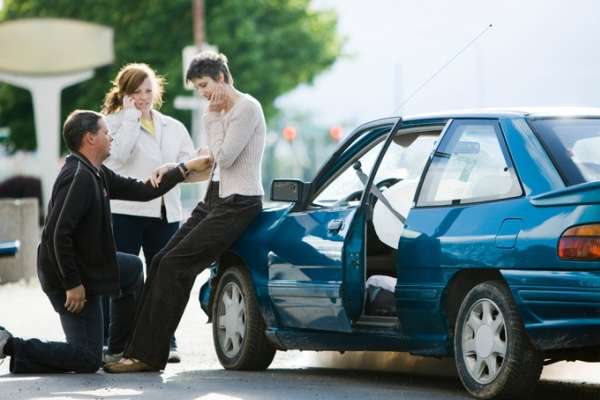You get a call saying a family member has been in a car accident. The vehicle is damaged, but even worse, your family member has suffered some injuries that could affect them for the rest of their life. Your first impulse is going to be to help, regardless of if you live in the same town or three time zones away. That’s a good, natural feeling to have, but make sure you harness it properly. While the best thing you can do for your loved one is listening to what they need, here are three of the things that may come up.
Raise Money
One study found that car crashes cost $871 million alone just in the United States. That’s an average of $900 per person, but when the car accident victim is you, you’ll be very lucky to walk away with medical bills of $900 or less. For someone who has health insurance, their out-of-pocket maximum can still climb into the thousands. But if they need treatment that health insurance won’t cover, then they’re on their own.
With all that in mind, one of the best things a loved one can do for a family member is set up a crowdfunding campaign through a site like GoFundMe or YouCaring. As Bloomberg News put it, “Crowdfunding platforms such as GoFundMe and YouCaring have turned sympathy for Americans drowning in medical expenses into a cottage industry.” If the medical bills keep piling up and there’s no sign of relief, encourage your relative to start looking for car accident lawyers who can tell them if they have personal injury case against anyone else involved in the accident. Initial consultations are generally either free or very inexpensive.
Resolve Car Problems
The biggest car-related problem often involves either getting the car repaired or replaced, and it’s increasingly likely that it will be totaled rather than repaired. That’s partly because the cost of parts for car repairs is up 61 percent since 2000. An insurance adjuster who looks at the value of the car before the crash and compares it to the cost of repairing it may decide to just declare the vehicle a total loss.
That’s more likely if the car was a sedan made in 1999, but what about antique cars and sports cars? Your loved one may understandably be less willing to give up on a car that means a lot to them in both the financial and emotional sense. By the same token, they may not want to look at the car sitting in their backyard, either. If you have the financial wherewithal to do so, offer to store the vehicle until your family member figures out their next move. Depending on how far away you live, you may need to have it shipped via enclosed auto transport to avoid damaging it further.
Provide Food
One of the simplest ways to help out a family member in need? Feed them. You can either whip or something homemade or order take-out; the important thing to is to make sure they have something nutritious and tasty to consume while they’re recovering. Make sure to ask about any special dietary needs they have before you cook, since you don’t want to commit any meal delivery etiquette violations. For instance, if your loved one is in the hospital with a jaw wired shut, a delicious milkshake from their favorite diner might be just what the doctor ordered.
If you’re going over to their house with food, make sure you can just drop it off and go. If they want you to stay and talk, they’ll let you know, but you should never assume. Recovery is an exhausting process, and they don’t need you to be rummaging around the kitchen for two hours cooking a fancy casserole. Save the cooking for your own kitchen. At most, all you should need to do when you get to their house is throw the food in the microwave to heat it up.







